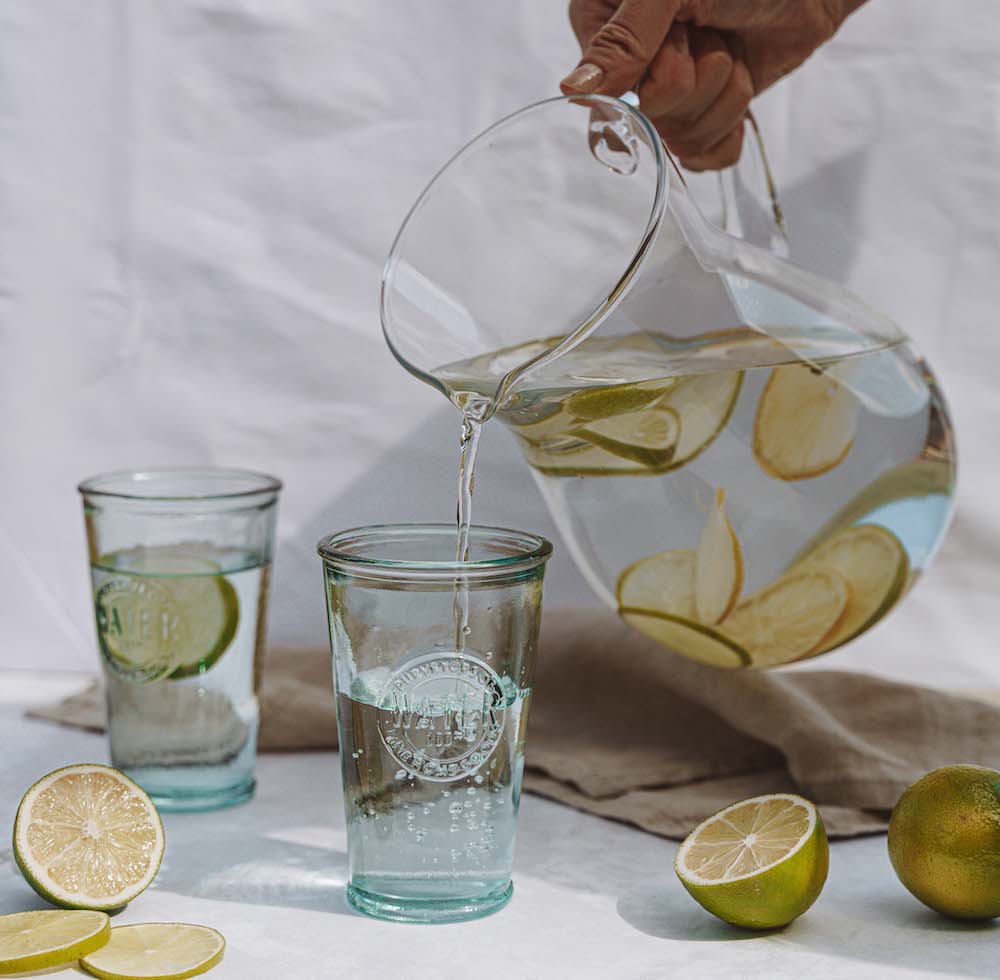The funny one. The silly one. The naughty one. The clumsy one. Most of us grew up with ‘joke’ nicknames, given to us by our family and friends.
But there’s a serious problem with the habit of giving children casual nicknames and labelling their behaviour because these nicknames have a funny habit of sticking with us long after our families have forgotten all about them.
How many times have you heard people talking to their kids and saying ‘you always behave like this,’ or ‘why are you always so grumpy’. It’s probably how our parents spoke to us, and without giving it conscious thought, many of us are likely to recreate that behaviour when we become parents.
But handing out labels to young children can have long-term effects. When we’re told something repeatedly in childhood, it begins to stick in our brain and shape the way we view the world. When we’re told that we’re ‘naughty’, ‘lazy’, ‘clumsy’ etc often enough, we begin to believe it and internalise it, carrying that feeling with us as an adult and unconsciously interacting with the world accordingly.
In particular, when it’s our parents who call us names or give us titles, as young children, we tend to take them at face value, believing sincerely that our parents are able to interpret and understand the world better than we are, and the things they say are probably true. They are our role models. Whether they like it or not, what they say sticks.
Without even realising it, many of us may still be acting out on the names and epithets we were given as children, without even realising it. When I was 6 years old, I was diagnosed with dyslexia, a description that followed me throughout my education and into early adulthood. I formed an identity within the idea that I was behind the rest of the class on reading and writing. Without even thinking, I would find myself telling friends, colleagues, even casual acquaintances, that I couldn’t spell and that I was slow with reading. It felt like a matter of absolute fact to me. It took me right up until the age of 30 to stop and realise that I write for a living, and that reading is one of my favourite pastimes. With some serious introspection I began to realise that struggling with reading and writing was something I had long since overcome. I have no idea if the initial diagnosis was right or wrong, but it certainly isn’t relevant to me now.
If you want to start shedding your old nicknames and epithets, the best place to start is with a good old-fashioned paper and pen. The physical act of writing something down helps to focus the mind and get the thought out of your head.
Start by writing a list of all of the names, adjectives and assumptions your family and friends made about you in early life. Be warned – looking at a physical list like this can feel a little overwhelming, so be kind to yourself and set aside the time to complete the process before walking away.
Look over the list and ask yourself how each of these words makes you feel. Does it make you feel defensive? Resigned? Angry? The ones that elicit the strongest response from you are the ones you need to tackle first.
For each word or nickname on the list, write one thing that you’ve done in life that proves you have the opposite, complimentary quality. Nobody is black and white. No matter how lazy you may think you are, you’re sure to have pushed yourself at one moment in life. Write it down and write a little about how you felt when you did it.
Once you’ve identified positive stories to help you redress the balance a little, identify any nicknames that still feel like they stick. The chances are that they stick with you because you believe that there may be a little grain of truth in them. If that’s the case, move on to creating some affirmations that will help to reframe the way you look at these qualities. Every personality trait has a positive and a negative aspect to it.
An affirmation is simply a positive statement that you repeat in your head again and again, every day, whenever you have a moment. Affirmations may feel a little cheesy at first, but the secret is, they really work! By doing this, you will begin to unravel the programming you received in childhood and begin to view yourself, in kinder, more positive ways. It’s really important that your affirmations feel true rather than forced. Try to think of the genuine positive aspect of the behaviour that was being identified and work on praising yourself for that trait.
Suggestions for positive affirmations:
The lazy one: I am a peaceful, and relaxed person to be around.
The naughty one: I react to my surroundings and the way I am treated in an appropriate way and enjoy testing the boundaries to see what’s possible.
The quiet one: I have a huge inner world and I enjoy deep thought and contemplation.
The bossy one: I am not afraid of my own power and people respect me when I speak.
The grumpy one: I am in touch with my emotions and I know what I like and don’t like.
The impatient one: I know how to get things done.
The gullible one: I am a trusting, sincere person.
Hopefully the positive affirmations will help you break loose from those childhood nicknames and you will no longer feel that they’re holding you back!





